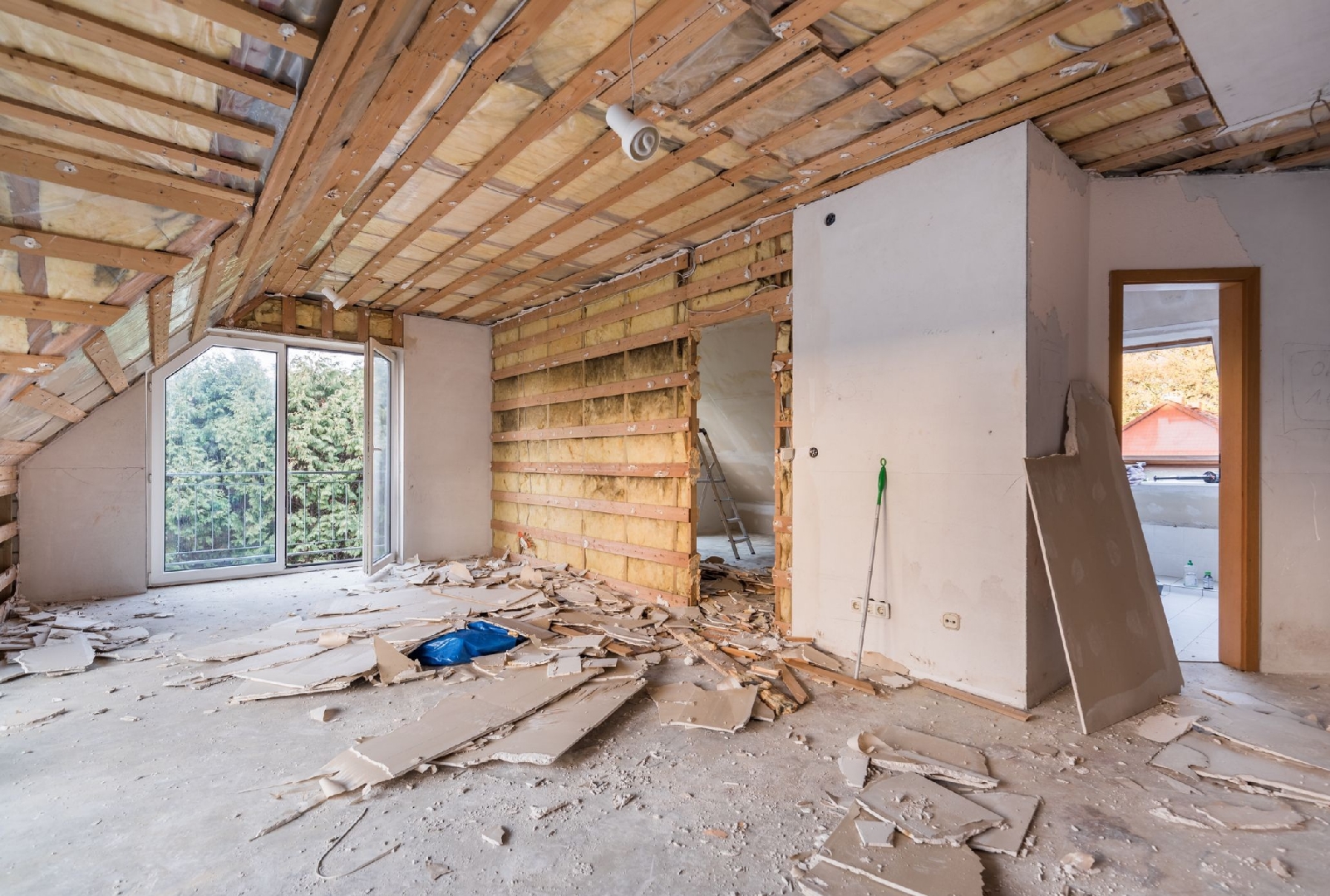Employing an agent to market a property offers several advantages for a lessor, including:
1. Expert Marketing Strategies
Agents use their expertise to create compelling property listings, high-quality photos, and targeted advertising campaigns.
They leverage various platforms, including online property portals and social media, to reach a broader audience.
2. Access to a Larger Network
Agents have an extensive network of potential tenants, investors, and other agents, increasing the chances of finding the right tenant quickly.
3. Time Savings
The lessor doesn't have to handle inquiries, schedule viewings, or screen tenants. The agent manages these tasks, saving significant time and effort.
4. Professional Tenant Screening
Agents conduct thorough background checks, including credit, employment, and rental history, to ensure the tenant is reliable.
5. Knowledge of Market Trends
Agents understand local market conditions, allowing them to set competitive rental prices and attract quality tenants.
6. Negotiation Skills
Agents can handle negotiations on behalf of the lessor, ensuring favorable lease terms and minimizing potential conflicts.
7. Legal and Regulatory Expertise
Agents are familiar with local rental laws and regulations, helping the lessor avoid legal pitfalls and ensuring compliance.
8. Continuous Support
Agents often provide ongoing support during the lease term, handling issues such as lease renewals, maintenance requests, or tenant disputes.
9. Minimized Vacancy Periods
Professional marketing and a large network help reduce the time the property remains vacant, maximizing the lessor's rental income.
By delegating these responsibilities to an experienced agent, a lessor can achieve a smoother rental process and focus on other priorities.

































